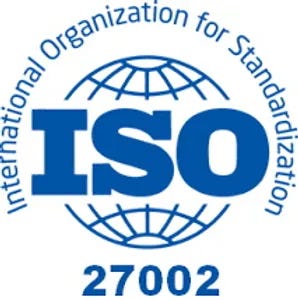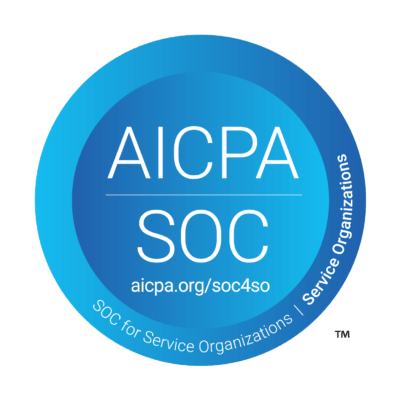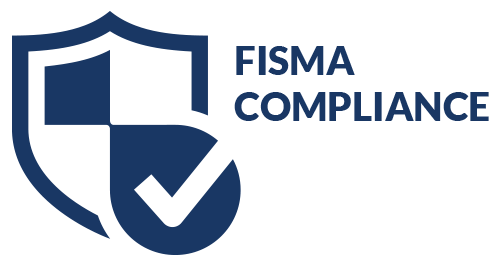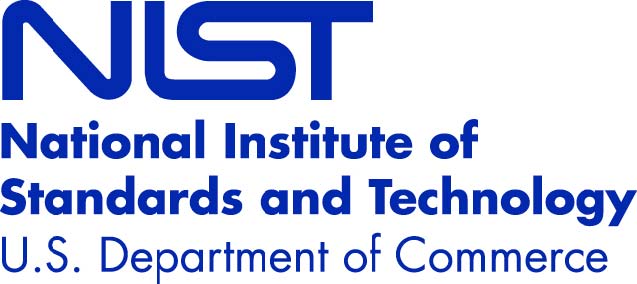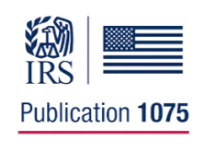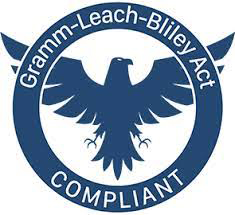Healthcare providers have always been under scrutiny to do more with less. Over the past decade, reimbursement has continued to decline, and healthcare costs have risen. The Advisory Board reports hospital prices have gone up; inpatient care rose 42% from 2007 to 2014.
For employers, healthcare costs have increased by 5% annually for the past six years. There is no sign that any of these trends will disappear in the near future. Hospitals & Health Networks (H&HN) calls the aging Baby Boomer population a “thorny problem;” citing rising elderly populations with chronic health conditions as a grave concern.
Of course, this elevates the importance of accounts receivables management, whether you’re a small independent medical practice or a multi-state health system. Reducing days in A/R is an important strategic imperative for these healthcare providers struggling to manage increasingly slim margins.
Future Strategies for Accounts Receivables Management
Most healthcare providers understand that improving accounts receivables management requires effective use of revenue cycle strategies to improve cash collections while reducing the amount of time that a claim sits in the account receivables bucket. Debts holding in past due A/R are a significant barrier to healthy cash flow. Proactively targeting strategies to reduce past due A/R will ensure the health of any clinical care provider – but especially today, when external challenges are so prevalent.
Unprecedented challenges require new partnerships in accounts receivable management.
Some of the best strategies for accounts receivables management in healthcare include:
- Targeted A/R reduction by focusing on past due accounts, both early and late stage. Because the relationship with past due account holders is so crucial to a healthcare provider’s reputation, it’s important first to identify and confirm the debt, its possible root causes, and even the likelihood of the ability to pay. Firms like TSI use sophisticated technology to handle what many hospitals and medical practices still do manually. Our proprietary predictive analytics helps us quickly identify accounts most likely to pay for a faster impact on your bottom line. We couple this with our professional and compliant collections teams that maintain patient or payer relationships while still improving your cash flow.
- Denials management is a crucial part of the accounts receivable management process. Every payer-specific interaction must first identify if billing is effectively reflecting the managed care contract. Verifying payments and then escalating if the account was denied in error is just as important as correcting and resubmitting the claim. TSI has an expert Insurance Follow-Up and Denials team that can manage the follow-up and denials process for you.
Ironically, as healthcare has grown more complex for billing teams, staffing fluctuations have caused an ebb and flow in your team’s ability to pursue accounts receivable management effectively. Today’s healthcare challenges necessitate new partnerships; working closely with firms like TSI has eliminated A/R bottlenecks, successfully improving the bottom line of our medical clients around the nation. Ask TSI about the more than $150 million over the past year we’ve collected for our healthcare clients and how we can help improve your account receivables management process.
Contact us to learn more about healthcare debt collection today.
